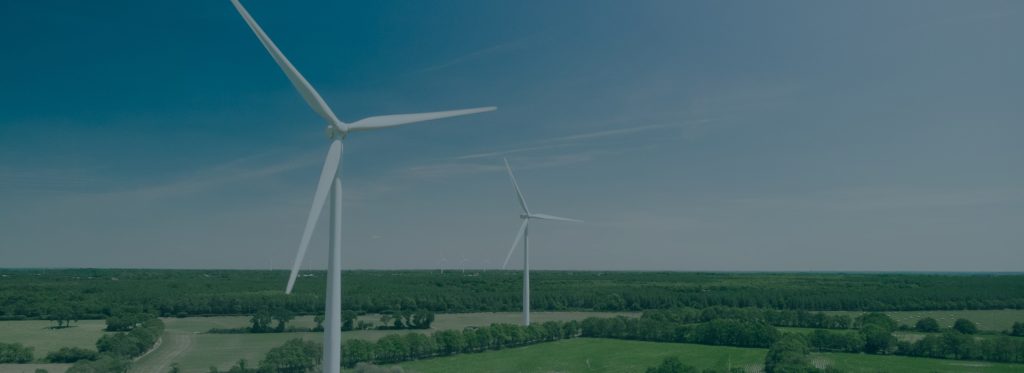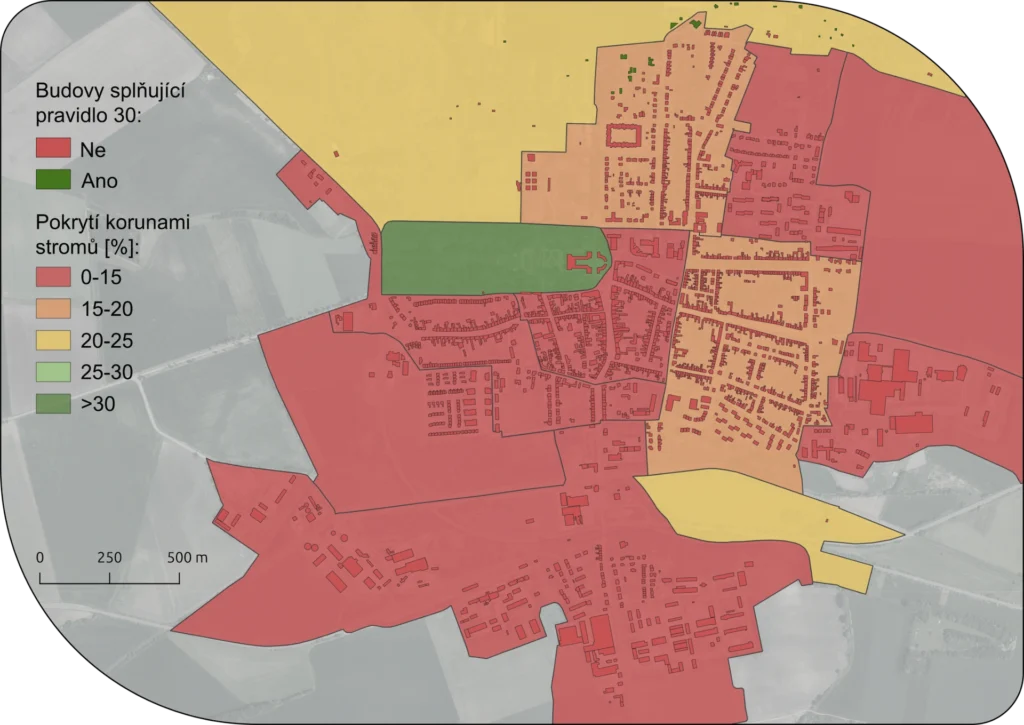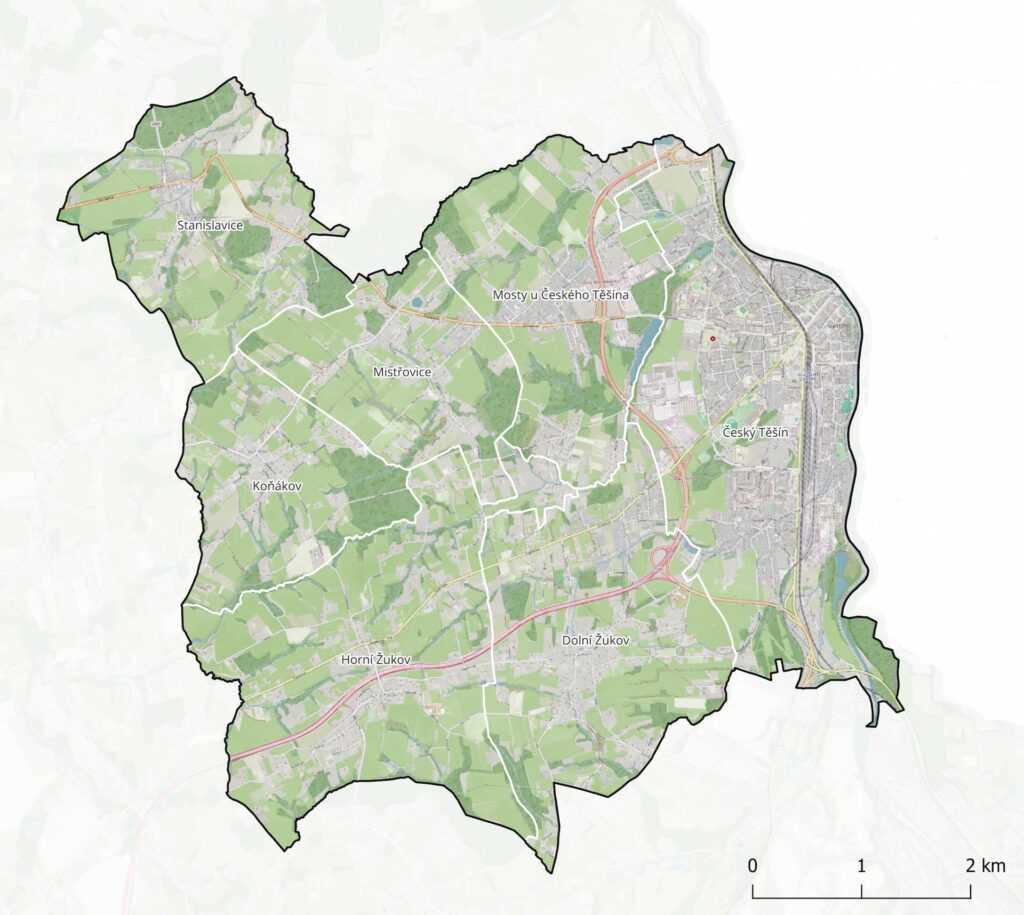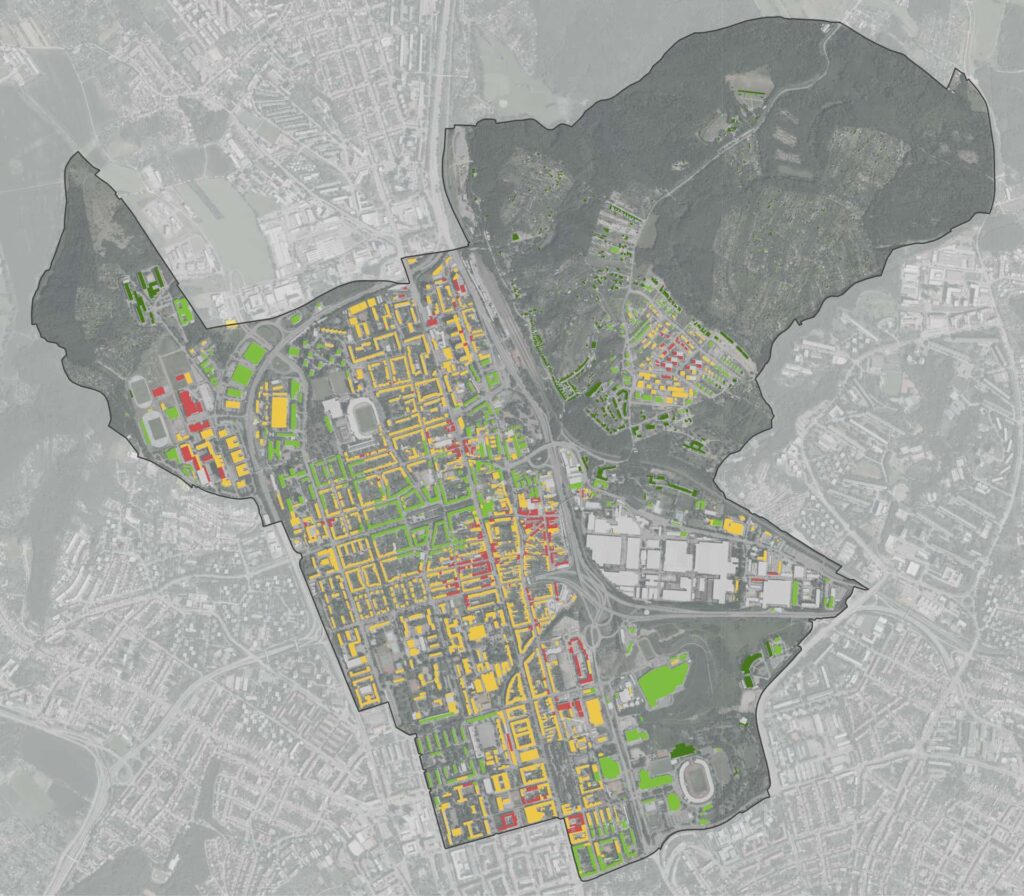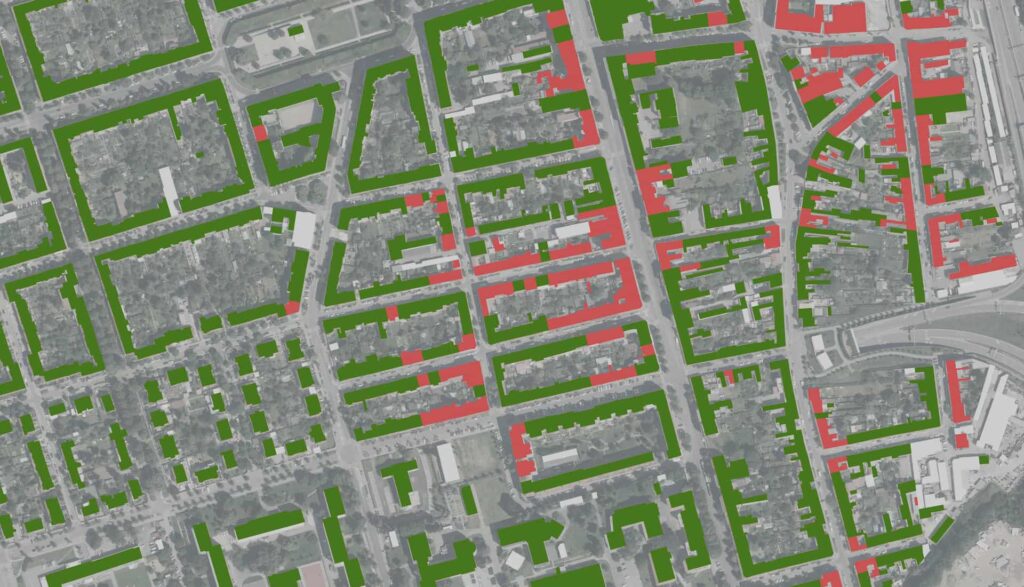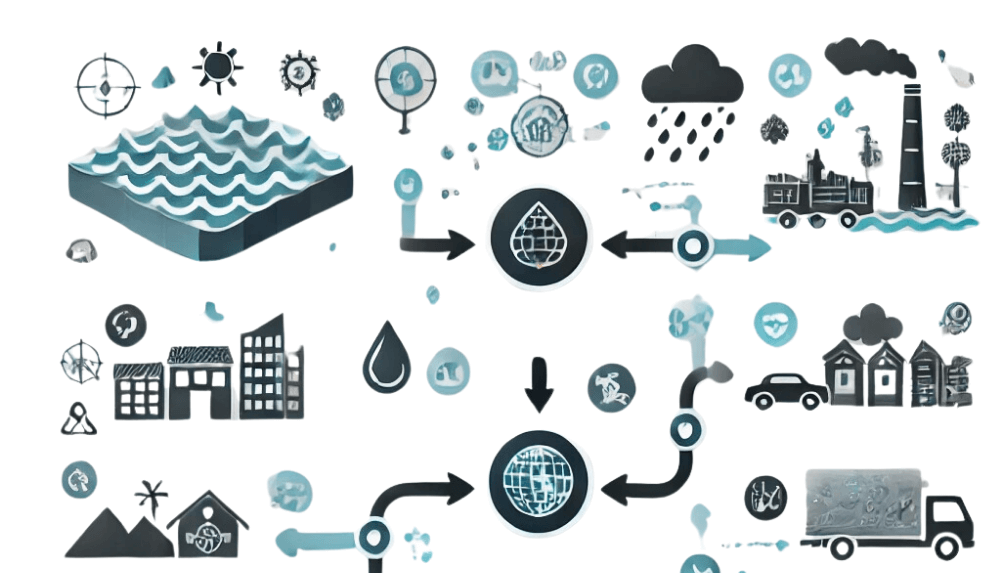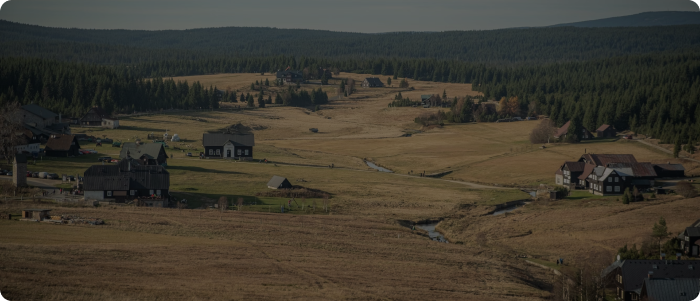A fair transition to a climate-neutral Union by 2050 is a key point of the Green Deal for Europe. An essential part of the effort to reduce greenhouse gas emissions is the associated transformation of the entire energy system. The very process of transitioning to a more massive use of renewable energy sources (RES) poses a risk. If fossil fuels are abandoned too quickly and the overall energy transition is not managed well, there is a risk that energy demand will be difficult to meet. At the very least, there will be fear of shortages in the markets, supported by less predictability and fluctuations in RES production. In addition, several other factors have an impact on energy prices and availability. The consequence could be a sharp increase in energy prices leading to a market shutdown.
Moreover, the principle of RES is very different from the fossil sources used so far. The existing energy grid is built from a relatively small number of large, stable energy sources whose output can be planned and adapted to demand. In contrast, typical RES such as photovoltaic and wind power are used in the form of a large number of small sources. Their production fluctuates over time and is highly dependent on the weather. RES are therefore more applicable as sources of self-consumption energy. However, this also entails the need for a large upfront investment. For many households and individuals, the benefits of RES may therefore be out of reach.
These changes may cause a widening of the gap between poorer and richer segments of the population. The wealthier part of the population is much better placed to ensure energy independence or to cope financially with rising energy prices. For the lower-income population, energy costs (along with other housing costs) make up a much larger share of their budget. They thus have less scope to cover price rises from other sources or financial reserves. At the same time, these groups find it difficult to achieve solutions to their household energy needs.
The situation in 2021 and 2022 is not only exemplary in this respect, but the problem of fuel poverty has been pointed out by experts and some public institutions for many years. Within the EU, the number of people suffering from energy poverty is around 8% and is currently increasing. According to EUROSTAT data, in 2020 the Czech Republic was still among the EU countries with a lower level of energy poverty. The latest figures show a worsening of the situation, with up to 10% of the population in the Czech Republic at risk of energy poverty. There is currently no definition of energy poverty in the Czech Republic. According to different national and EU concepts, energy poverty can be defined in several aspects.
Already in 2019, according to the STEM survey, almost a quarter of households (22%) have heating costs so high that they have to cut back on other expenses to cover heating costs. Two-fifths of households (39%) said that they do not heat certain parts of their home or apartment as well as they would like to in winter because of the high heating costs.
A recent survey by the Ministry of commerce CZ and the Prague University of Economics and Businness found that 63% of households suffering from energy poverty live in owner-occupied housing, almost 40% live in family houses and the remaining 23% live in apartments (condominiums). The remaining number of people at risk of energy poverty live in rented or other forms of housing where they are not homeowners, making investment in home renovation even less feasible.
Within Czech society, there are several significantly more vulnerable groups in terms of energy poverty:
- Low-income households, including the unemployed (especially families with children)
- Senior citizens
- Single parents
- Residents of excluded localities
- Rural population with poorer infrastructure coverage




